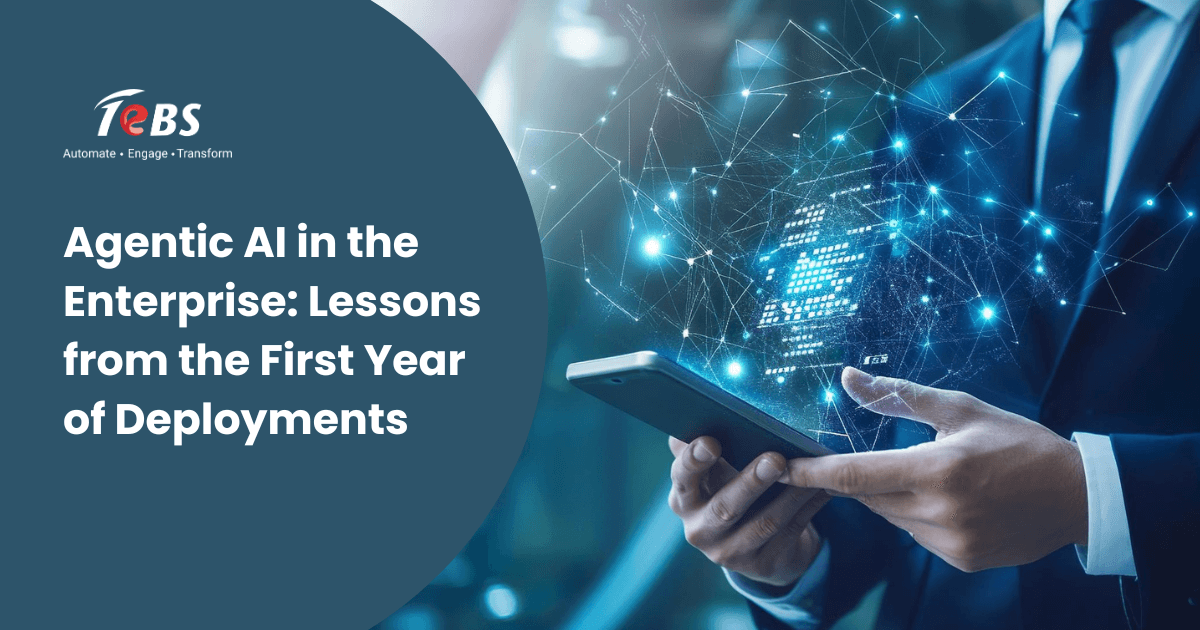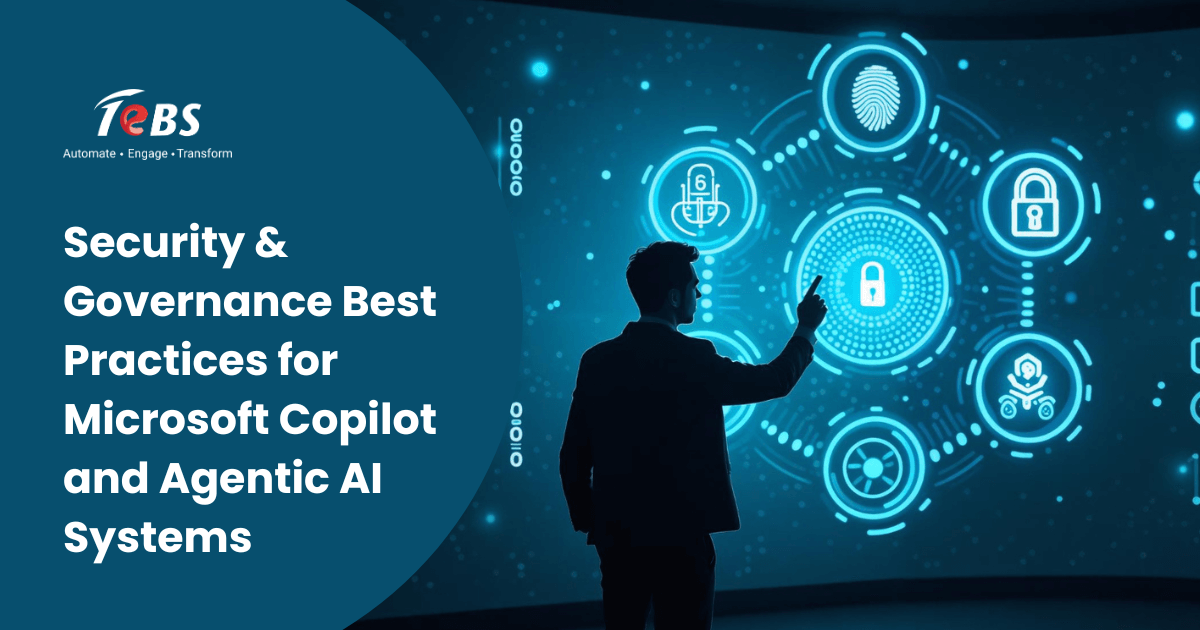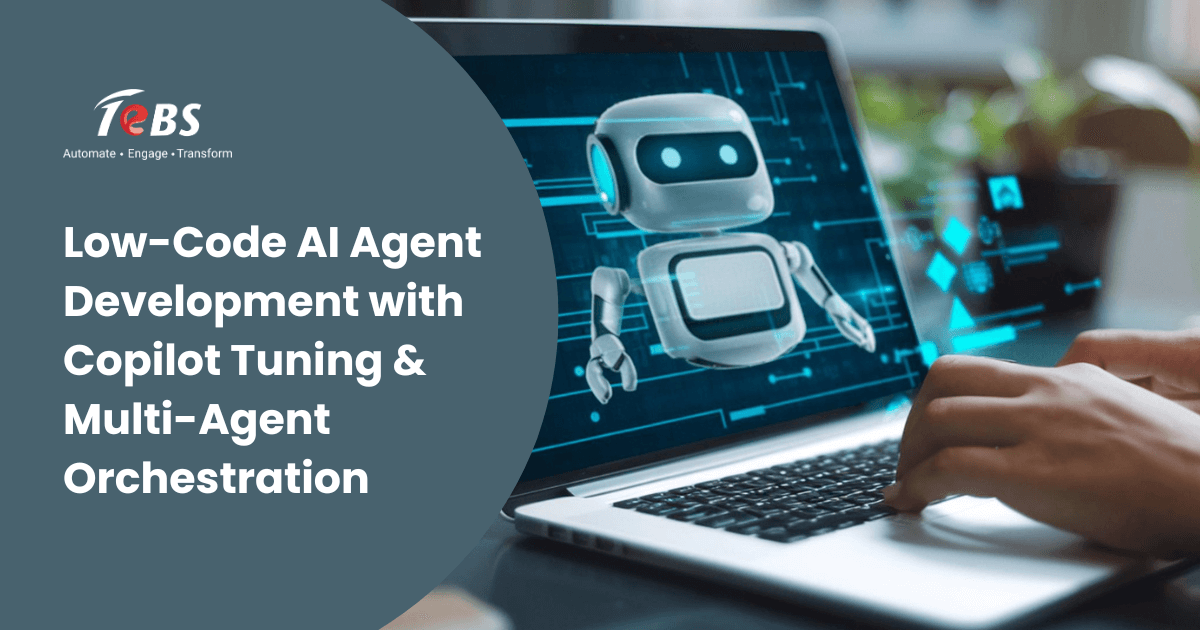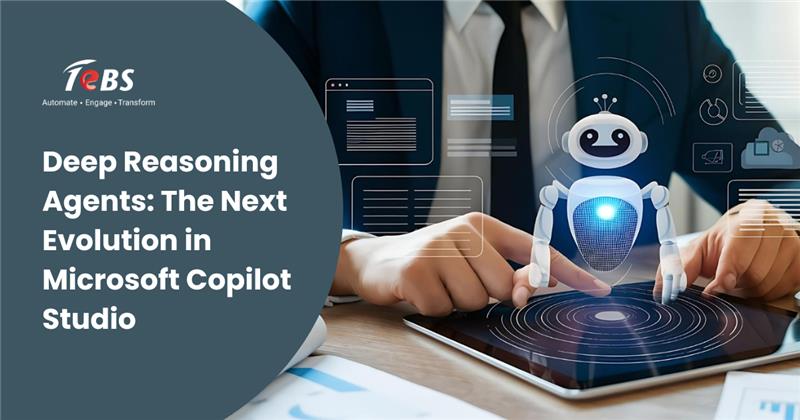Organizing events has remained a core method for nonprofits to unite stakeholders, generate funds, and amplify mission-driven visibility.
From elegant benefit dinners and town hall discussions to hands-on volunteer days and wellness clinics, these gatherings create memorable moments of connection.
Yet, the reality of event planning can be burdensome, stretching staff time and limited budgets.
Here, emerging AI tools are starting to lighten the load and elevate the entire guest experience.
AI has stepped out of the lab and into the hands of nonprofit leaders. Deployed carefully, it brings precision and speed to the event journey pinpointing the ideal guest list, forecasting ticket sales, streamlining vendor schedules, and later mining guest feedback for insights.
The true advantage of AI isn’t simply automation; it’s empowering nonprofits to make choices that maximize every dollar and volunteer hour.
With razor-thin margins in play, the right AI partner can lift administrative pressure and free mission-driven teams to focus on the human stories that drive deeper connection and support.
Understanding the Challenges in Traditional Event Planning
Nonprofit teams are often stretched thin. Planning an event demands collaboration across multiple departments marketing, operations, fundraising, volunteer management, and donor relations.
Manual coordination through spreadsheets, emails, and isolated systems can result in inefficiencies, miscommunications, and missed opportunities.
Common challenges include:
- Difficulty forecasting attendance and planning resources accordingly
- Lack of visibility into volunteer availability and suitability for specific tasks
- Manual tracking of donor or participant engagement across events
- Inconsistent post-event follow-up and limited insights into what worked
- Fragmented communications that reduce outreach effectiveness
These challenges are not just operational hiccups they can directly impact community engagement, donor retention, and fundraising outcomes.
To address them, nonprofits need smarter, more connected tools that amplify their mission while reducing the load on their teams.
The Role of AI in Smarter Event Planning
AI offers nonprofits the ability to reimagine event planning as a data-driven, intelligent process. By integrating AI-powered systems into their workflows, nonprofits can achieve agility, precision, and personalization, three elements that are critical for impactful events.
1. Intelligent Audience Segmentation
Using AI-driven analytics, nonprofits can segment their audience more precisely based on historical data, engagement levels, and behavioral patterns.
For instance, AI can analyze past event attendance, donation frequency, communication preferences, and demographic data to suggest which members or donors are most likely to attend specific events.
This intelligent targeting enables tailored invitations, increasing the likelihood of participation and improving the overall experience for attendees.
2. Predictive Insights for Better Planning
AI models can forecast turnout based on registration trends, weather patterns, location data, and event types.
These predictions help nonprofits make informed decisions about venue size, catering, volunteer staffing, and materials minimizing waste and optimizing resource use.
Predictive insights also extend to donor engagement. By analyzing donor behavior across channels, AI can identify when a donor is most receptive to invitations or likely to make a contribution, making outreach efforts timelier and more effective.
3. Volunteer Management Made Smarter
AI transforms volunteer management by matching volunteers to tasks based on skills, availability, interests, and proximity.
This auto-suggestion capability simplifies scheduling and ensures the right people are assigned to the right roles, enhancing both volunteer satisfaction and event execution.
Furthermore, AI-powered systems can broadcast opportunities for ad-hoc roles in real time, helping nonprofits quickly fill last-minute gaps without disrupting overall planning.
4. Streamlined Communication and Outreach
AI enhances communication through automation and personalization. With intelligent content engines, nonprofits can create personalized emails, newsletters, and social media posts that align with audience interests.
Automatic reminders, follow-ups, and confirmations ensure that stakeholders stay informed and engaged throughout the event journey.
Social media integration powered by AI further helps nonprofits expand reach, track engagement metrics, and optimize messaging in real time driving higher attendance and awareness.
5. Seamless Operational Coordination
AI automates various administrative tasks that often consume staff time. From managing registration workflows to tracking inventory, scheduling tasks, and handling check-ins, AI-enabled systems streamline operations across the board.
Centralized dashboards offer real-time visibility into volunteer assignments, participant counts, logistics progress, and financial metrics ensuring that the entire team stays aligned from planning to execution.
6. Real-Time Feedback and Adaptive Learning
Post-event surveys, feedback forms, and participant behavior are valuable sources of insights. AI can analyze this data in real time to identify strengths, areas of improvement, and trends.
This continuous feedback loop enables nonprofits to refine their event strategies, making each subsequent event more impactful than the last.
Moreover, AI can detect patterns across multiple events helping organizations understand which event types generate the most engagement or donations and why.
7. Integrating Fundraising and Donor Insights
Events often serve dual purposes community engagement and fundraising. AI ensures that both objectives are met by connecting donor management systems with event platforms.
This integration offers a 360-degree view of donor interactions, enabling tailored messaging, recognition, and follow-ups post-event.
By linking event participation with donation behavior, AI uncovers deeper insights into donor motivations, improving campaign planning and relationship building.
8. Enhanced Accessibility and Inclusion
AI tools can also make events more inclusive. Features such as speech-to-text, language translation, and intelligent chatbots allow nonprofits to cater to diverse audiences.
Virtual events or hybrid formats powered by AI make participation easier for those who cannot attend in person, widening the scope of community involvement.
Laying the Foundation for AI-Driven Events
To embrace AI in event planning, nonprofits need more than standalone tools. What they need is a unified, scalable platform that connects donor data, volunteer information, event logistics, and marketing efforts bringing all elements into one intelligent ecosystem.
This is where a purpose-built platform tailored for nonprofits becomes essential.
As nonprofits explore digital transformation, having access to a comprehensive platform that combines AI capabilities with core nonprofit functions donor management, volunteer tracking, case handling, and event planning can provide the structure and intelligence needed to scale their impact.
Unlocking Smarter Events with a Unified Digital NPO Platform
CareSenz is one such platform that empowers nonprofits to bring all their event planning, community engagement, and operational needs into one place.
It helps nonprofits streamline fundraising, automate workflows, and connect with their communities using AI-driven insights.
By leveraging intelligent features such as volunteer rostering based on skills, centralized donor communication, and auto-scheduled campaigns, nonprofits can orchestrate events with greater speed and effectiveness.
The platform’s integrated event scheduling, automated marketing tools, and self-service portals help reduce administrative overhead, allowing nonprofit teams to focus on strategic engagement rather than manual coordination.
Built on Microsoft Dynamics 365 and enriched with AI-powered analytics, CareSenz supports nonprofits in delivering memorable event experiences while capturing valuable insights for future planning.
With in-built support for mobile and web, and tools like chatbots, CareSenz ensures that nonprofits are equipped to engage their communities anytime, anywhere.
Whether organizing a local wellness drive or a regional fundraising forum, nonprofits can now do so with greater confidence, using technology that understands their needs and grows with them.
Creating Deeper Impact Through Smarter Engagement
AI in nonprofit event planning is more than a tech upgrade it is a shift towards data-driven, human-centered engagement. It enables nonprofits to do more with less, amplify their reach, and foster stronger relationships with donors, volunteers, and beneficiaries.
By embracing intelligent planning, personalized outreach, and continuous learning, nonprofits can ensure that every event serves its purpose and strengthens their mission.
CareSenz supports this vision by offering a platform that brings together the best of AI and nonprofit expertise. It helps organizations automate processes, personalize services, and manage their entire operations empowering them to become truly digital NPOs.
If you are ready to plan smarter events, engage your community more meaningfully, and make a lasting impact, reach out to us at [email protected] to discover how we can support your journey.





